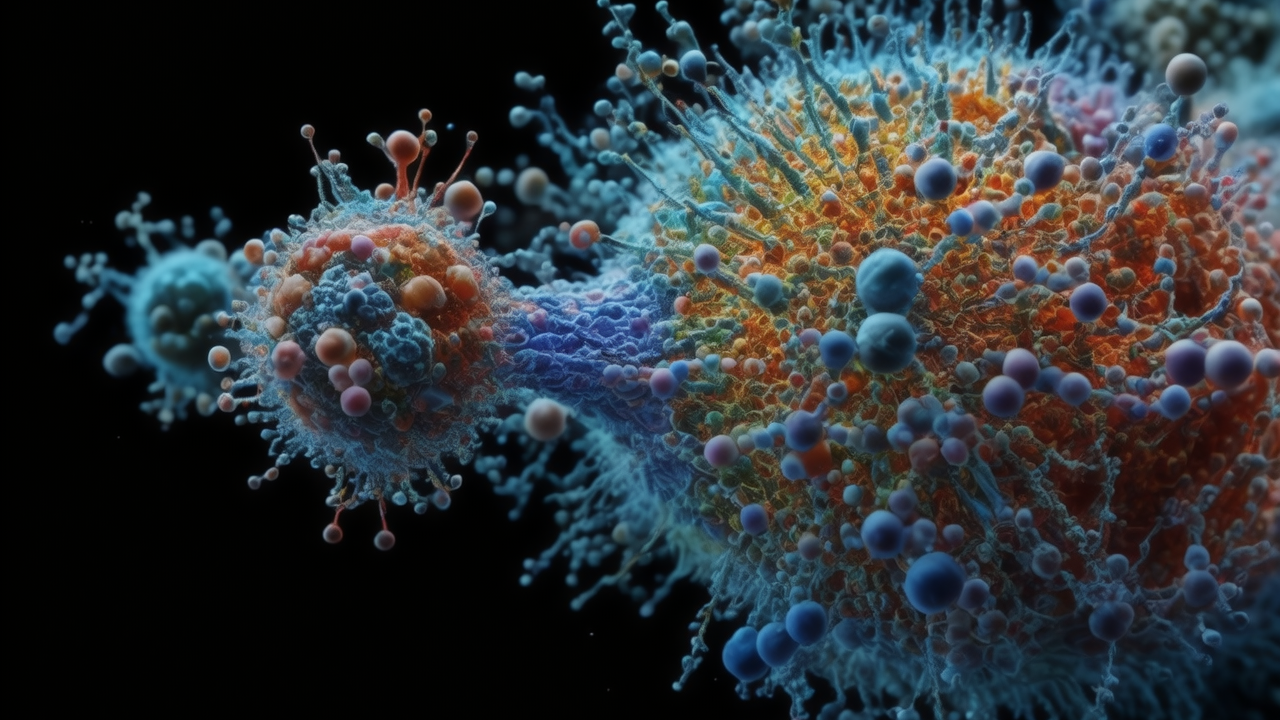The scientists write that the study focused on protein condensates – microscopic teardrop-shaped structures inside cells where proteins organize and interact – a critical process underlying cellular function and disease. The study, led by Professor Tuomas Knowles, sheds light on their “role in fundamental biological functions” by identifying new proteins in these condensates.
Using AI, the team collected comprehensive data from large cellular databases and predicted how proteins assemble into condensates. This approach goes beyond previous research by providing a holistic view of cellular protein dynamics, allowing researchers worldwide to discover new targets for disease intervention.
Kadi Liis Saar, first author of the study, underlined the potential of the atlas to reveal new biological insights and treatment strategies.
Source: Ferra
I am a professional journalist and content creator with extensive experience writing for news websites. I currently work as an author at Gadget Onus, where I specialize in covering hot news topics. My written pieces have been published on some of the biggest media outlets around the world, including The Guardian and BBC News.










